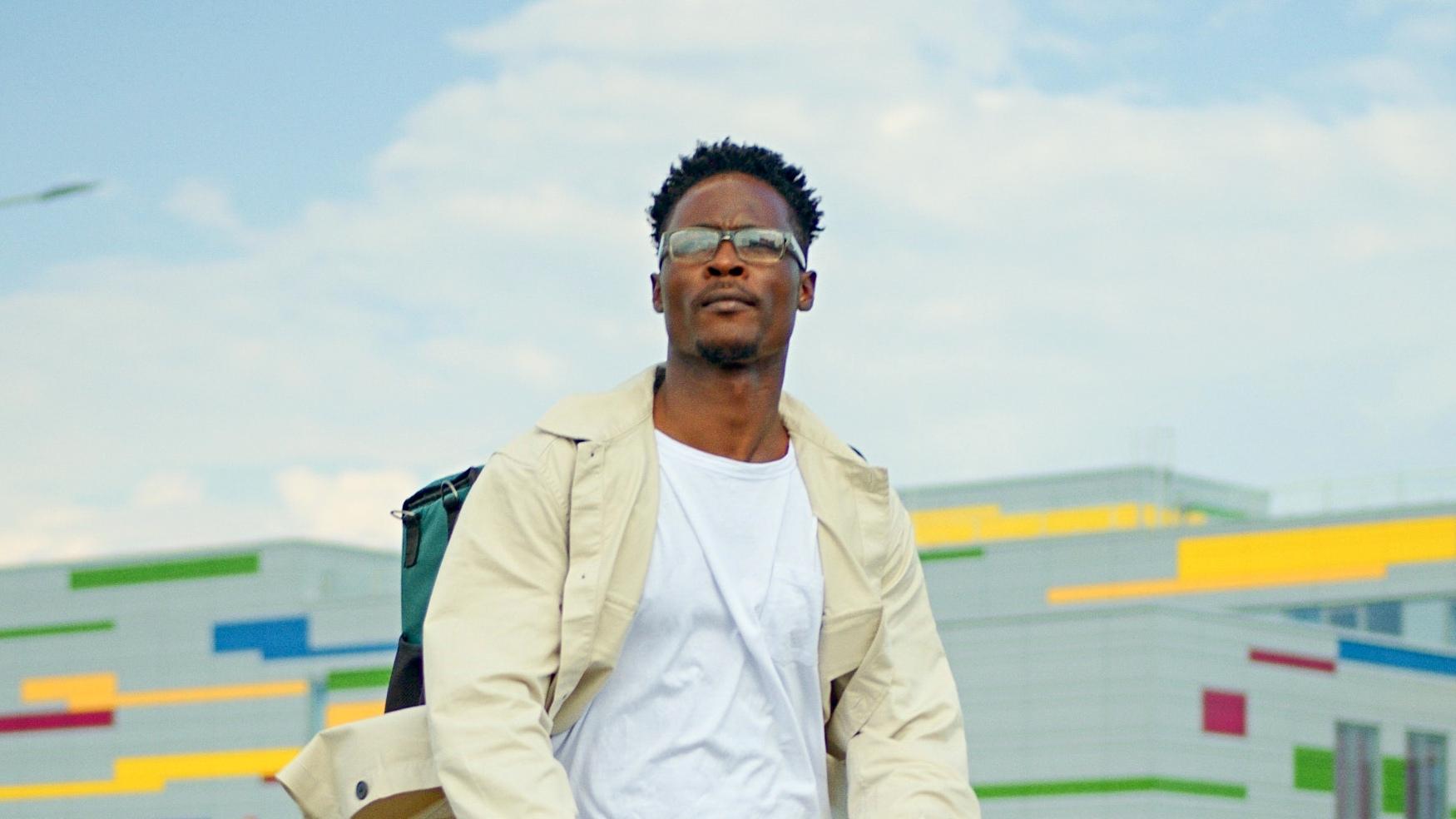Donor agencies and their funds significantly impact humanitarian relief and research priorities. With the Nigerian government and the European Union consistently allocating funds unevenly to regions in Nigeria experiencing violent conflicts, the effect on research agendas could mean some victims are underrepresented in the literature, further impacting the type and amount of relief funding received.
The number of fatalities associated with conflicts and kidnappings for ransom in Nigeria is increasing, and greater numbers of people are fleeing their villages across different regions. According to the Internal Displacement Monitoring Centre, over 2,730,000 people live in internally displaced person (IDP) camps in Nigeria, while over 7,660 civilians died due to conflict between 2019 and 2020. Assistance is being provided to victims in certain areas.
A survey of relief funding in Nigeria shows that efforts to provide humanitarian relief for victims are unequally dispersed to northern Nigeria, which impacts the formulation of research agendas. Examining the EU’s data on funding victims in this region, and the type of support provided by the Nigerian government, there is a clear inordinate allocation of funding to victims of Islamic insurgencies perpetrated by Boko Haram and its allies. Little attention is given to victims of the farmer-herder violent conflict in the Middle Belt of the country.
Recent studies show that communities in the Middle Belt have experienced more violence and killings than those in the Northeast. The region’s states of Benue, Plateau and Nasarawa have the highest percentages of IDPs in Nigeria, with most originating in the former, and 16% of IDPs live in camps or camp-like conditions, while 84% live in host communities. The Middle Belt is the epicentre of intractable conflicts between sedentary farmers and Fulani herders over water and agricultural resources, which scholars have termed eco-violence.
Boko Haram’s Islamic insurgencies in the Northeast and eco-violence in the Middle Belt are the two most severe conflicts in the country, in terms of disruptions to human security and socio-economic sustainability. According to an EU report, humanitarian assistance to victims of Boko Haram and their allies in Northeast Nigeria reached €52 million in 2021 and has exceeded €340 million since 2014, with over 8.7 million people in need of assistance and over 350,000 people killed in the conflict. However, the same report made little reference to eco-violence in the Middle Belt.
While it is laudable that the EU is sponsoring large-scale relief efforts for victims of Boko Haram, the victims of eco-violence in the Middle Belt region seem ignored. Furthermore, the EU’s claim that the former’s conflicts have resulted in over 350,000 deaths is unverified and without a source – a figure that researchers in the region say is inaccurate. But this data affects funding patterns and carries symbolic weight; it steers opinion leaders, the media and scholars toward the northeast region.
For example, the EU has contributed over €100 million to the Multinational Joint Task Force (MNJTF), a force backed by the African Union to combat Boko Haram and comprises soldiers and civilians from the affected countries of Nigeria, Cameroon, Chad, Niger and Benin. Moreover, over seven United Nations agencies and 39 international non-governmental organisations (INGOs) provide relief funding in the North East. By contrast, there are three United Nations agencies and three INGOs operating in the Middle Belt states. While these funding and protection mechanisms are commendable, to victims of violent conflicts in communities in the Middle Belt they are disproportionately available.
Similarly, the directive from the Nigerian President to foreign donors to focus on the northern part of the country appears to have shifted interest towards the region’s human catastrophes, which would affect how funding for relief and research to the region is allocated. The Federal Government’s establishment of the North-East Development Commission (NEDC) lacks a counterpart in the Middle Belt.
Wherever research funding flows, research priorities are impacted. As we have observed, the findings of such funded studies in turn influence relief funding from donor agencies, which itself impacts the allocation of research funding and the determination of research priorities; the cycle continues. A political focus on the Northeast region will likely sway the research agenda. In this regard, the EU, Nigeria and its partners combine symbolic power with financial clout, which invariably influences the voices of researchers and the messages they communicate.
Research priorities in Nigeria must accommodate conflicts in all regions. We propose that a portion of the country’s funding for Boko Haram victims be directed toward victims of eco-violence. Such efforts will have a positive effect on widening research agendas and promote a more equitable, long-term approach to the regional distribution of relief funds. By making it possible for victims to be heard through research outputs, grassroots communities can be engaged and a cycle of skewed research can be broken.
Photo: EU Humanitarian Aid in Nigeria © 2018 European Union. Credit: Samuel Ochai. Licensed under CC BY-NC-ND 2.0.






This is really good. We are grateful to have so people around us. God you guys sir.
Thank you so much for your kind words.
This is well captured.